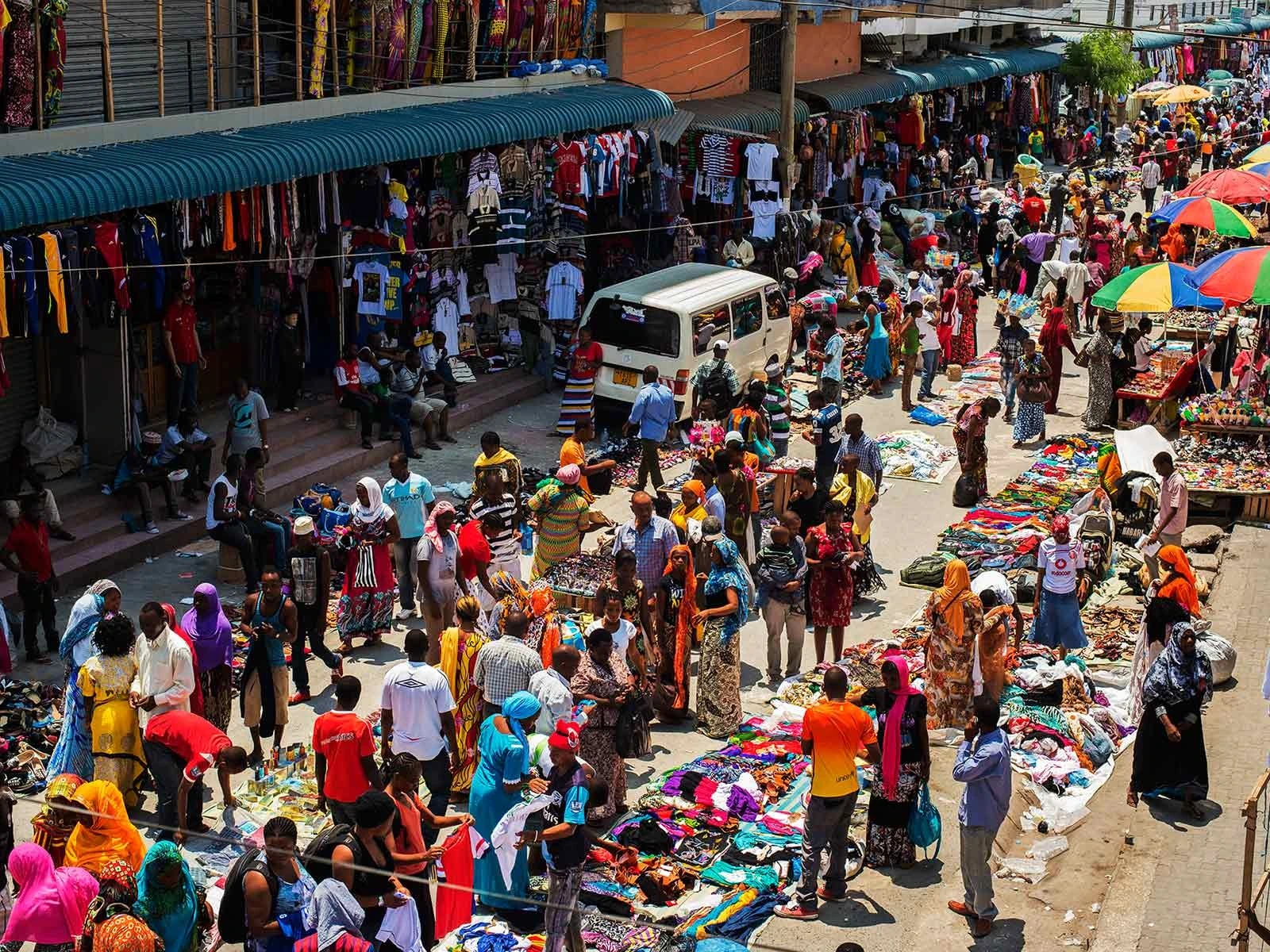A recent government-led investigation has unearthed a hidden network of illegal foreign-owned businesses operating in Kariakoo, one of the busiest commercial districts in Dar es Salaam.
At the heart of the findings is a system where foreign nationals—primarily from China—use Tanzanian citizens as legal fronts to run businesses reserved exclusively for locals.
The revelations came to light on 6 June 2025, following a report submitted to the Minister of Industry and Trade, Dr Selemani Jafo, by a special auditing committee. The task force was formed earlier this year under direct instructions from President Samia Suluhu Hassan, signaling the seriousness with which the government views the issue.
According to the committee chairman, Mr Massa, 183 foreign nationals, including 135 Chinese, were discovered operating retail shops—an activity prohibited for non-citizens under Tanzanian investment laws. Equally troubling was the finding that 32 Tanzanians were complicit, registering these businesses under their names while the real operators remained hidden.
“You’d see a shop with a Tanzanian name on paper, but it’s clearly run by a foreigner,” said Massa. “Many of these ‘owners’ have empty bank accounts and no business background. They’re being used—plain and simple.”
Beyond China, nationals from India, Kenya, Nigeria, Egypt, Yemen, the United Kingdom and the Netherlands were also named in the report.
Between 5 and 30 May 2025, joint inspections were carried out by institutions such as the Tanzania Revenue Authority (TRA), the Tanzania Bureau of Standards (TBS), the Fair Competition Commission (FCC), and the Immigration Department. They scrutinized business permits, tax records, and product authenticity.
Also Read; Kenya Confirms 25 Chikungunya Cases in Mombasa
Some key findings include:
- 112 shops were evading taxes
- 73 stores sold substandard or counterfeit goods
- 9 businesses were dealing in fake branded items, including popular clothing and footwear
In response, 12 foreign nationals have already been deported for violating immigration and trade regulations.
Minister Jafo confirmed that legal reforms are on the way. “We’re presenting a Certificate of Urgency to Parliament to strengthen our business laws and protect Tanzanian traders,” he said.
For many local entrepreneurs, this action couldn’t have come sooner. “We follow the rules, pay taxes, and struggle daily. But how do we compete with someone who operates illegally and has unlimited stock?” asked a Kariakoo trader who preferred to remain anonymous.
This issue highlights broader challenges around economic sovereignty, legal enforcement, and foreign investment policies. Kariakoo, long seen as a symbol of Tanzanian hustle and grassroots entrepreneurship, now stands at a crossroads between opportunity and exploitation.







